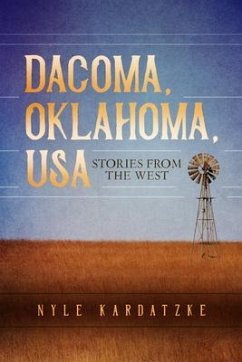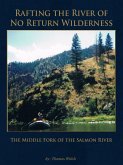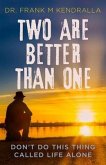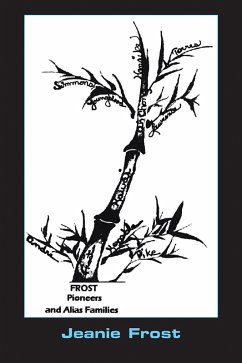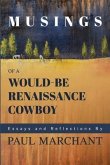When the Cherokee Outlet was opened to homesteaders in the great Land Run of 1893, Wilbert Bruner and his wife Eliza lived in Kansas with two very young sons. Avoiding the mayhem of the land rush, Wilbert staked a claim in the Cherokee Outlet in spring 1894. He slept on the ground and lived alone in a crude sod house until he could build a small frame house for his wife and sons. The book includes stories of the extended family's 250-year migration across America to Oklahoma, stories adventure, success, poverty, heartbreak, and joy.
Dieser Download kann aus rechtlichen Gründen nur mit Rechnungsadresse in A, D ausgeliefert werden.

